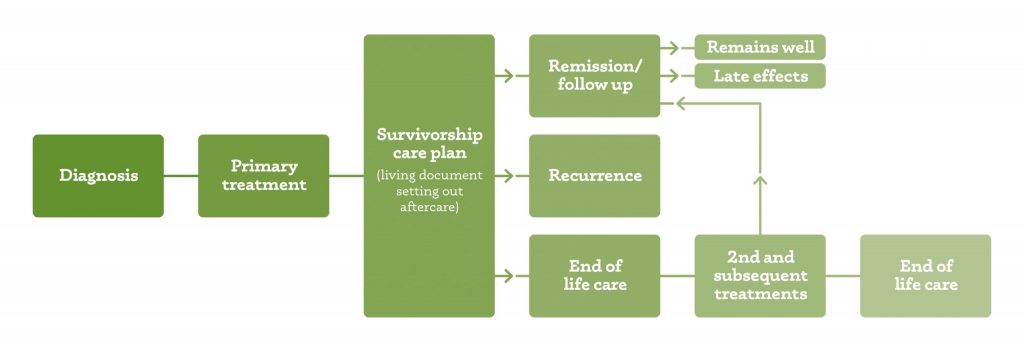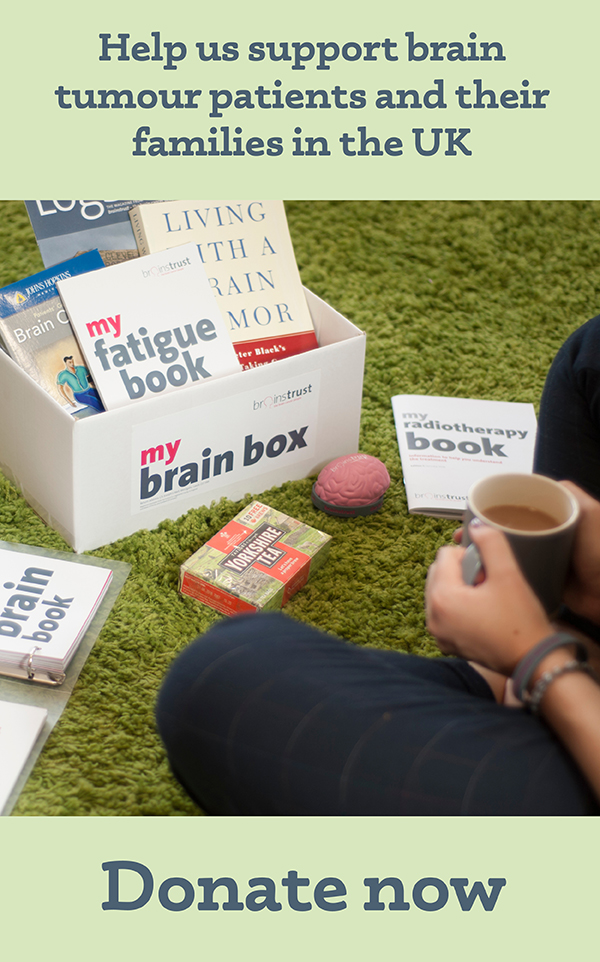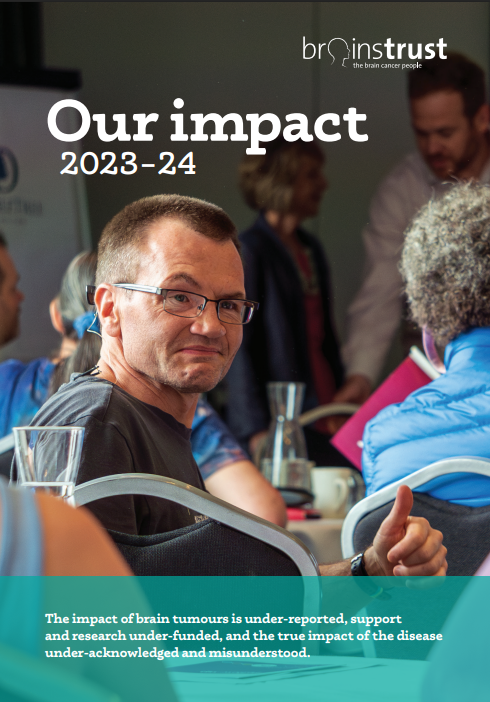Survivorship
People with a brain tumour can face all kinds of challenges as a result of their diagnosis and treatment, from physical, emotional, social, spiritual, through to financial challenges. We wish we could say that health initiatives are in place that address survivorship and quality of life issues such as the coordination of care, patient-provider communication, palliative care and pain management.
However, survivorship is new on the agenda in the UK. In light of these concerns, public health initiatives aimed at understanding and preventing secondary disease, recurrence, and the long-term effects of treatment are essential but not yet in place. On this page we outline how you can get the support you need with regards to brain cancer survivorship.
The survivorship framework

Click here for information about end of life care for people with a brain tumour.
A brain tumour diagnosis changes you forever. But there are things that you can do to live the life that you want, despite your diagnosis.
Some of these tips come from Dom Joseph Gowey, who has spent more than a decade following his brain tumour diagnosis helping people with life-threatening illnesses move from a fearful to a peaceful life.
- Love yourself totally. Imagine someone you love dearly sitting beside you, holding your hand. Learn to hold yourself with that much love.
- Go slowly. Relax a little more. Hug the people you love. Listen to the birds sing.
- Practice acceptance. Some things are beyond our control. Accepting what we cannot change can help us to live in the moment, and focus on what is really important.
- Spend time in nature. Even if it’s simply looking out of your kitchen window.
- Reach out for help. You don’t have to face this alone. Call us on 01983 292 405 or email hello@brainstrust.org.uk










